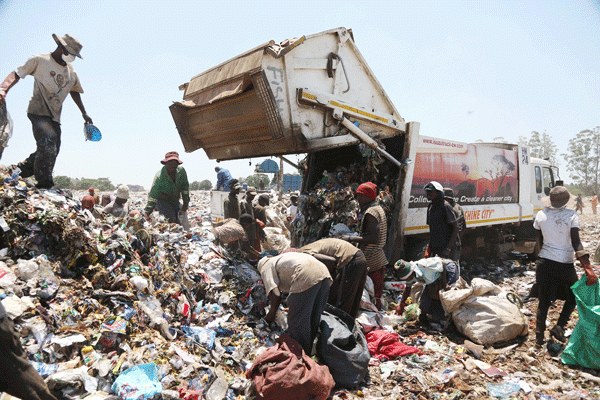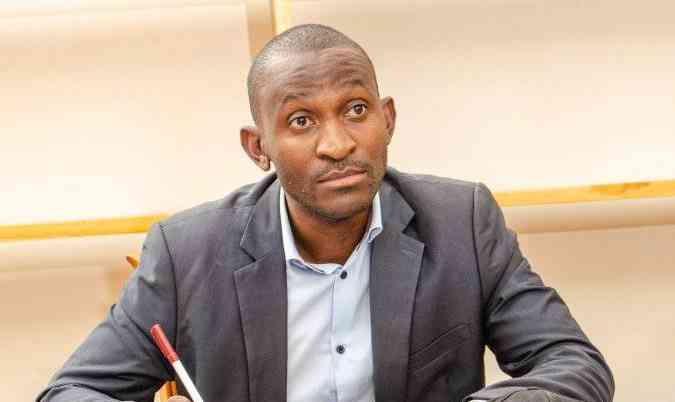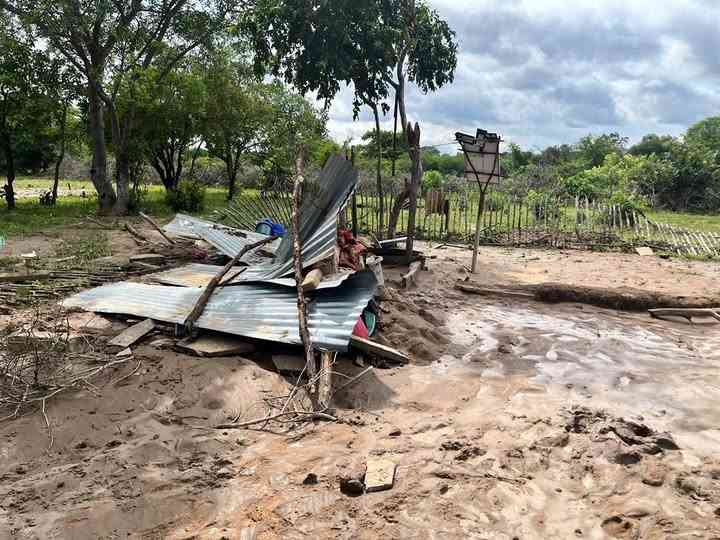
MOST waste collectors in Bulawayo have expressed concern over the difficulties they are facing due to water shortages as buyers reject dirty materials.
Matabeleland Institute for Human Rights has been assisting the waste collectors in Bulawayo on how they should monetise waste and establish as associations to run such co-operatives.
However, the water challenges faced by the city are crippling most of their operations.
A Mabuthweni-based waste picker said lack of clean water was affecting them greatly when it came to both household activities and waste picking business.
“The problem is we still share toilets as many as we are. It should accommodate four households but it’s now more than that.
“We now take water from the ponds and it is dirty in such a way that it is not good for human consumption hence we just use the water to flush the toilets but the water has its own stinking odour.
“When it comes to business it becomes worse because when we pick waste, some of it needs to be washed before we take the stuff to the companies or people that we sell to.” Another collector from Nketa 8 Sitholumusa Nleya said people in town or wherever they work from regard them as mentally retarded because they will be dirty.
“It’s affecting us greatly because we need to bathe and do household chores. People on the streets now think that we are mad due to unwashed clothes,” Nleya said.
- Pumula boy (14) drowns in disused pit
- Baboons wreak havoc in Pumula
- BCC identifies properties in floodplains
- Byo School for the disabled on the cards
Keep Reading
A Pumula South-based waste collector said they drank water from unsafe sources which was hazardous to health.
“We now drink water from tossed away pet water bottles. It’s not healthy at all because we won’t know what is in the water but at the end of the day we just drink because we need to quench thirst,” he said.
“It becomes difficult now with our waste picking business because some of us do not own houses. Our landlords do not allow us to keep dirt in their yards whenever we are waiting to clean up the waste.”









